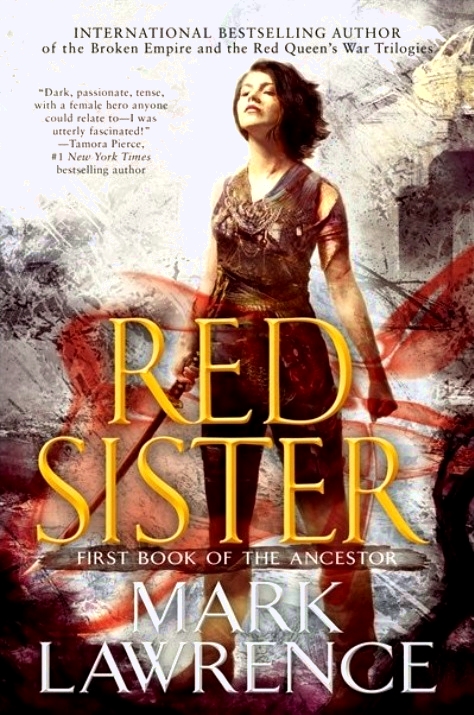Set in the southeastern region of the United States, the incidents that occur in The Underground Railroad tell of the grave injustice suffered by black people in the 19th century.
Cora’s life started to fall apart when her mother escaped the plantation in Georgia without her. But it isn’t until her grandmother dies that her already difficult life becomes truly unbearable.
One day, Caesar, a recent arrival from Virginia, approaches her with an escape plan involving The Underground Railroad. She agrees to go with him, and this decision sets off an unpredictable turn of events.
Suffering comes for all slaves, whether they choose to remain on the plantation or to run away.
Even in the most gruesome and gut-wrenching scenarios, Colson’s gaze is vivid and does not flinch. So a faint-hearted reader will find it challenging to get through this book.
The narrative is awash with literary devices. The greatest allegory can be said to be the depiction of The Underground Railroad network as possessing a physical infrastructure. One with actual tracks, trains, and station run by station managers. They transported runaway slaves and settled them into new lives.
However, in reality, the operations of The Underground railroad were carried out with nearly as much sophistication.
The bulk of the story is narrated through Cora, but there are a lot of blind spots in it. Eventually, the secondary characters get to share their own stories, thus filling in the blanks. Also, Whitehead’s cultural/political commentary provided the necessary context pivotal to a better appreciation of the story.
I did not like that these backstories were keyed in a tad bit too late. Thankfully, this is a minor inconvenience as every other element came together nicely to deliver a great story.
It is important that we keep history alive, to not forget. So although slavery is not an easy subject to discuss, I’m glad this book exists. You should read it if you haven’t,























